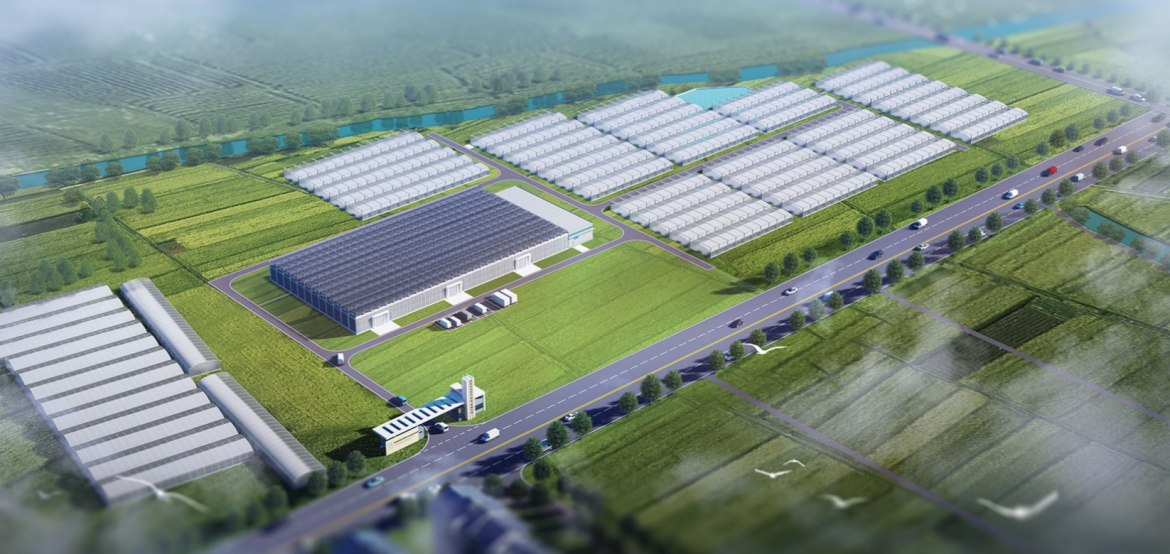Urban centers are facing increasing pressure to provide sustainable and locally sourced food. Urban farming has emerged as an innovative solution, enabling food production within cities while reducing dependence on long supply chains and minimizing the environmental impact associated with transporting produce over long distances. By combining vertical cultivation, controlled lighting, and precision nutrient management, urban agriculture allows growers to produce high-quality crops in limited spaces efficiently and consistently. For experienced operators, these systems not only offer environmental benefits but also present viable financial opportunities when aligned with efficient operations, market strategies, and consumer demand for fresh, locally grown produce.
Technology as a Revenue Driver
Modern urban farming operations rely heavily on technology to enhance productivity and reduce costs. Advanced LED lighting, hydroponic nutrient systems, and AI-driven environmental control enable growers to optimize plant growth and maintain consistent yields throughout the year. Modular and scalable system designs allow businesses to deploy urban farms in diverse indoor settings without extensive infrastructure, making it easier to expand operations gradually while adapting to changing space constraints and production needs. In markets such as Europe, North America, and the Middle East, government initiatives supporting sustainable urban food production, combined with incentives for innovative agriculture technologies, further improve the financial feasibility of these ventures.
Streamlined Implementation and Research Applications
Innovative solutions from companies such as 4D Bios are designed to bridge commercial production with research and educational applications in urban agriculture. Their platforms feature flexible modular designs suitable for various indoor space sizes, enabling rapid deployment and operational adaptability. These systems incorporate precise lighting schedules, nutrient management, and automated monitoring, reducing labor requirements while maintaining crop quality. For experienced growers, this integration supports efficient large-scale production while also providing opportunities for scientific research and experimentation, expanding both knowledge and potential revenue streams.
Conclusion: Sustainable Growth with Advanced Urban Farming
Urban agriculture technology, when applied strategically, offers the potential for profitable and sustainable operations. By leveraging vertical cultivation, modular systems, and automation, cities can produce fresh, high-quality crops efficiently while minimizing operational costs and responding effectively to changing urban demands. 4D Bios plays a key role in enabling these solutions, providing integrated platforms that combine plant nutrition, environmental control, and flexible deployment for both commercial and research purposes. Their expertise ensures that urban farming operations are adaptable, scalable, and capable of delivering reliable yields consistently, making them a valuable partner for experienced operators seeking both operational efficiency and long-term financial returns.


